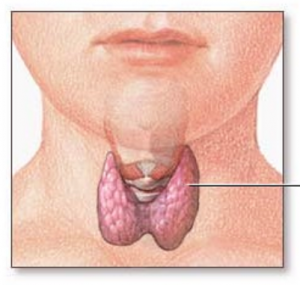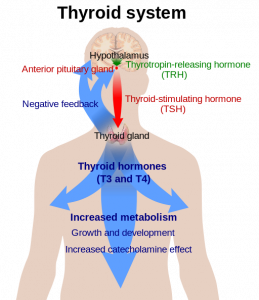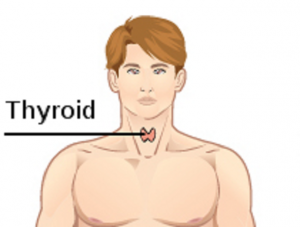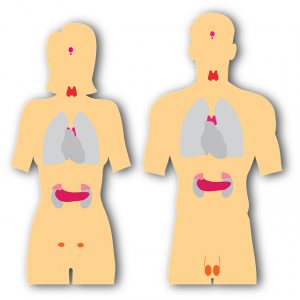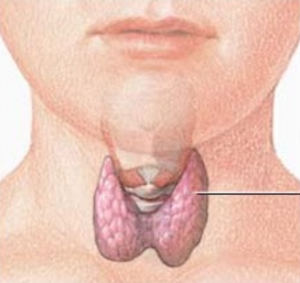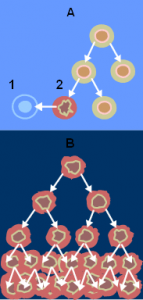In a considerable number of chronic fatigue syndrome patients, researchers have observed the presence of autoantibodies to the selenium transporter Selenoprotein P. These autoantibodies disturb the normal transport of selenium to the tissues in the body. They cause lower than normal levels of the antioxidant selenoenzyme glutathione peroxidase and lower than normal levels of deiodinase enzyme activity [Sun 2023].

Note: Autoantibodies are antibodies produced by the immune system and directed against the individual’s own proteins, in this case against selenoprotein P proteins. In an earlier study, researchers have identified autoantibodies to selenoprotein P in patients with Hashimoto’s thyroiditis, in which case the autoantibodies also impair selenium transport and selenoprotein expression [Sun 2021].

